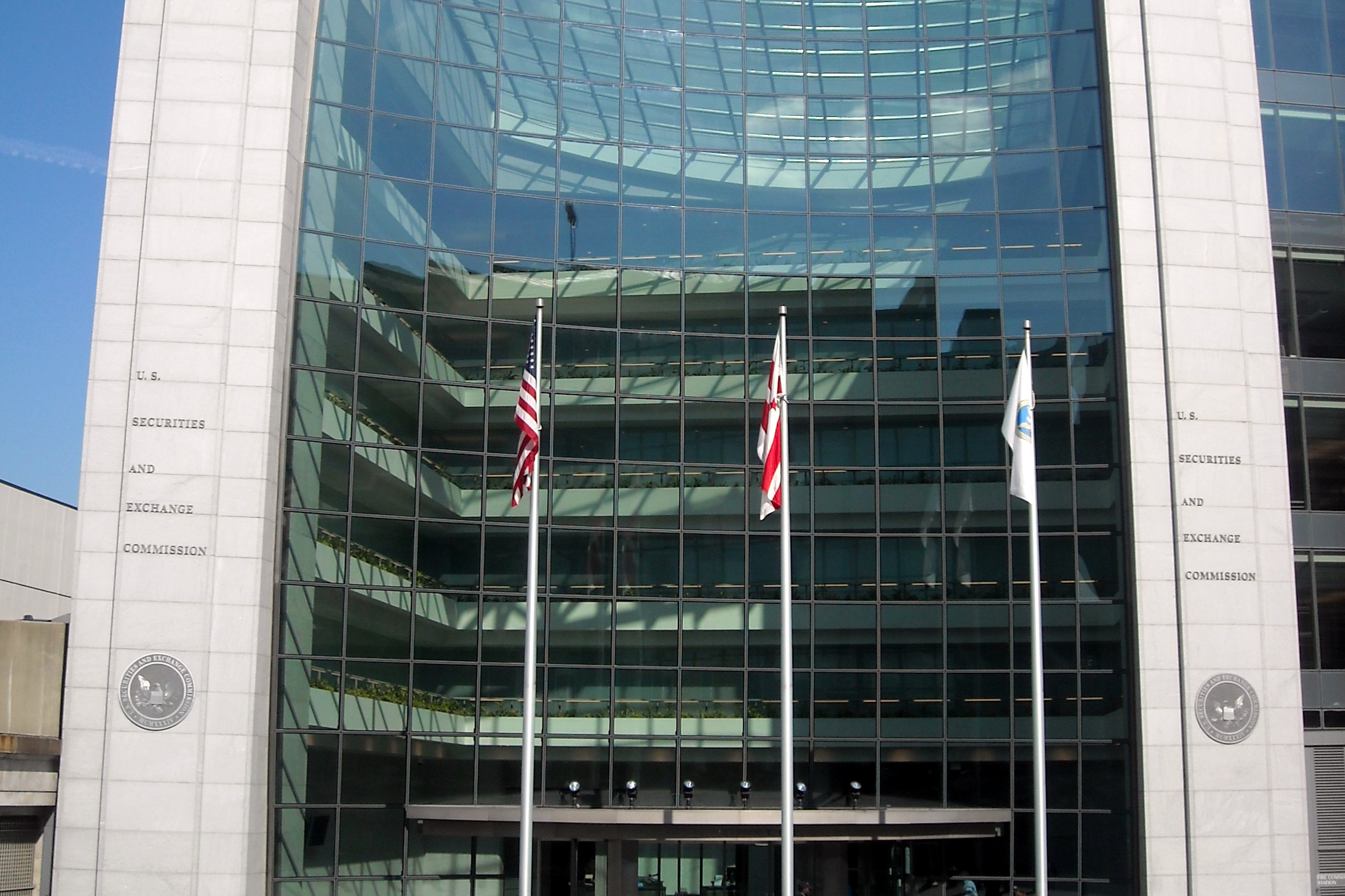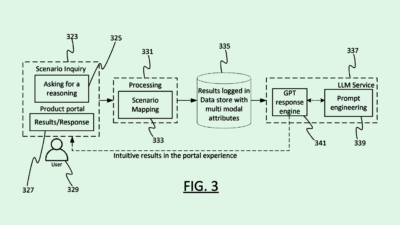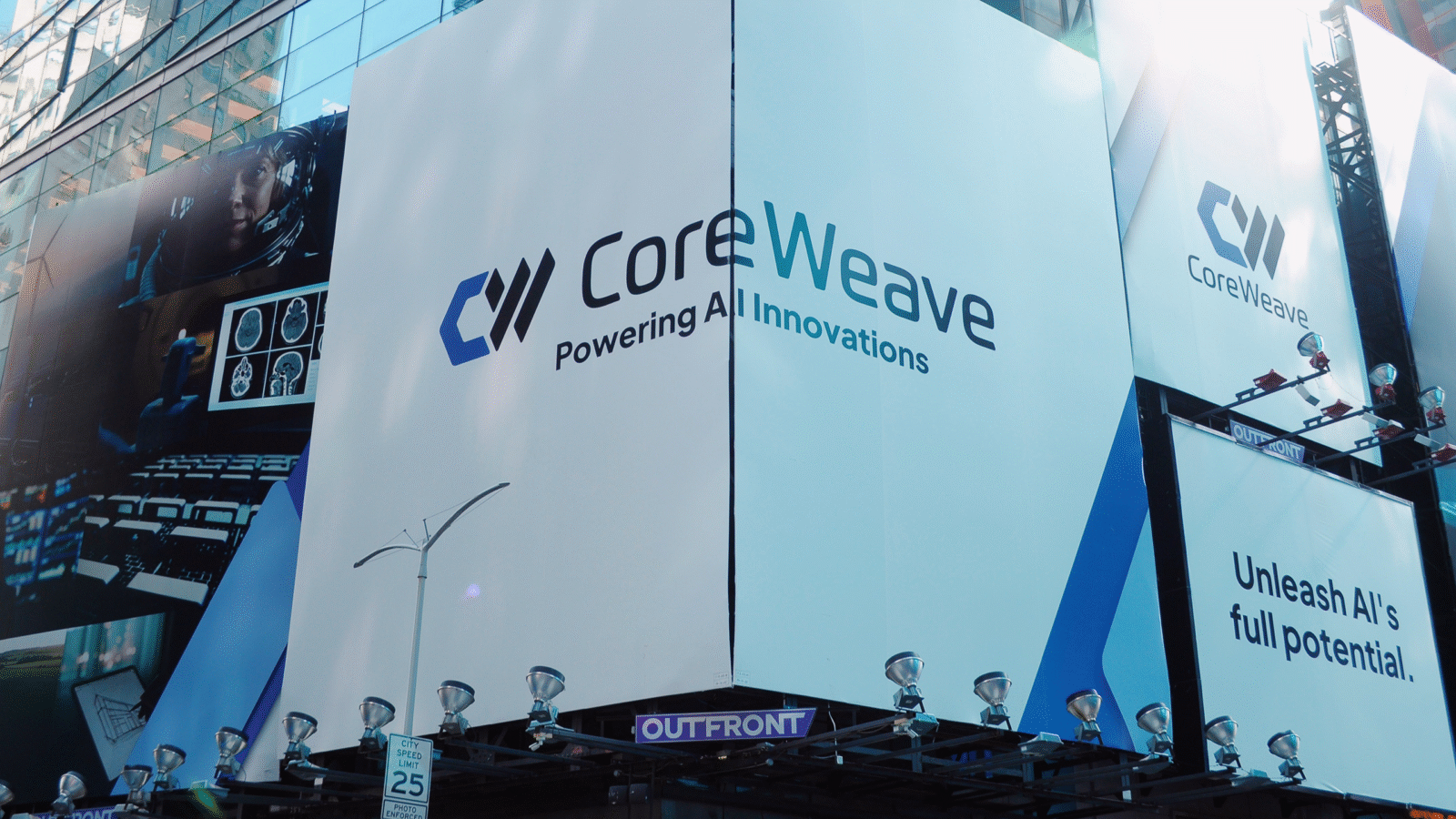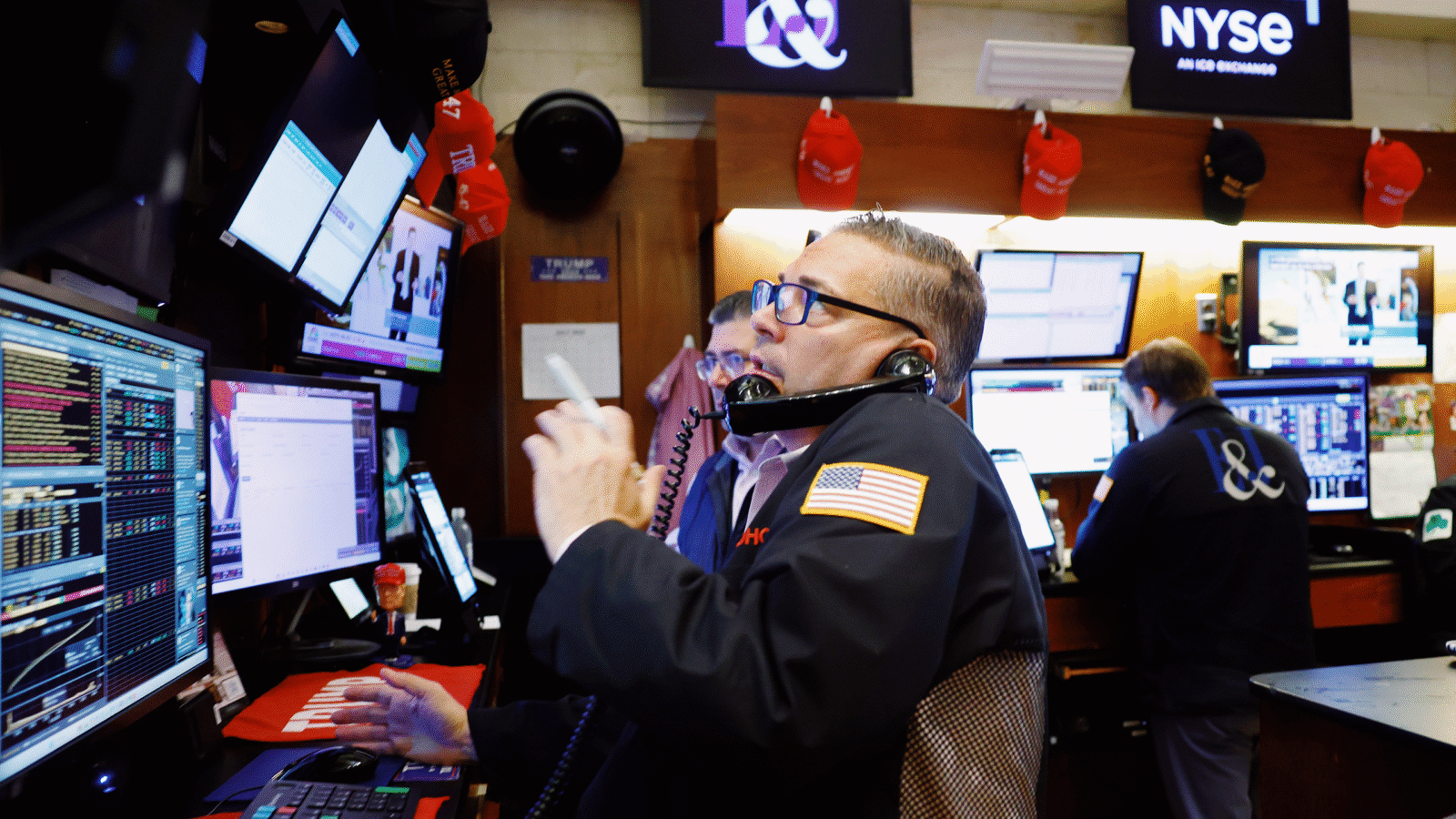The SEC Probes AI Use at Investment Advisory Firms
As the world of high finance ushers in an era of AI, the SEC has begun investigating how investment advisory firms use the technology.
Sign up for smart news, insights, and analysis on the biggest financial stories of the day.
In SEC Chair Gary Gensler’s version of The Terminator, Arnold Schwarzenegger is armed with a pitchbook.
As the world of high finance ushers in an era of artificial intelligence, the SEC has begun investigating how investment advisory firms use the rapidly developing technology, according to a Wall Street Journal report this past weekend.
The Robots of Wall Street
Wall Street hasn’t exactly been shy about its interest in AI — or its superhuman ability to detect market trends and patterns. In fact, the industry is in the midst of a talent war over hiring the best AI specialists, according to a recent Fortune report. “If you’re a bank and don’t have an AI strategy, then you don’t have a strategy,” Wells Fargo analyst Mike Mayo said during a recent Bloomberg Television interview. “AI is here to stay.”
Gensler, meanwhile, has spent the year warning of AI’s “systemic risks” and a “nearly unavoidable” financial crisis within the next decade due to the “herding effect” of multiple firms relying too much on single AI models. In July, the regulatory agency proposed rules specifically over concerns that AI could prioritize a firm over its clients.
But the world moves quickly, leaving the SEC to figure out just how — and how much — AI is being used:
- In a process known as a “sweep,” the SEC has requested information from various firms seeking responses to prompts on 26 topics, such as how algorithmic models are used to manage client portfolios and what contingency plans exist for system failure, according to the WSJ, which obtained a copy of an SEC letter sent to a firm.
- A sweep doesn’t mean the SEC is investigating misconduct, but that it’s collecting information ahead of possible rule changes or new regulations.
The problem is that the machine has, you know, already risen. “The use of these kinds of technologies is already so widespread that I think it would be quite difficult for the commission to put the brakes on,” Amy Jane Longo, litigation and enforcement practice partner at law firm Ropes & Gray, told the WSJ.
EU and AI: The EU also wants to pump the brakes on AI. Over the weekend, the group agreed to terms on legislation that would create the world’s most restrictive environment for commercial AI systems across industries. Included in the rules is a ban on using AI systems that “manipulate human behavior to circumvent their free will.” With a final vote still looming, the robots and their human lobbyists still have a chance to sway lawmakers.












